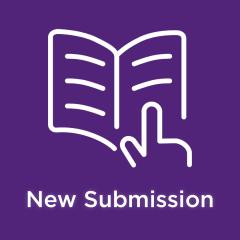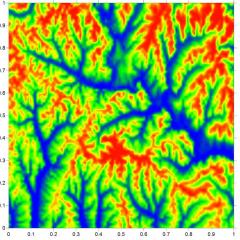Two UQ Centre for Natural Gas researchers have won prestigious Advance Queensland Industry Research Fellowships.
Dr Sebastian Hoerning will research the Novel statistical estimation of fugitive methane emissions using drones, and Dr Ruizhi Zhong will research Using artificial intelligence to increase gas supply.
The Centre’s Director Professor Andrew Garnett congratulated the recipients.
“The proposed projects by both researchers have real outcomes for Queenslanders and will make a valuable contribution to industry globally,” Professor Garnett said.
“There is a strong interest in the development of a scientifically rigorous methane emission flux estimation method, and the use of AI to gain maximum benefit from the subsurface and drilling performance data collected by the gas industry.”
Dr Hoerning’s research will use fugitive methane emission concentration data gathered by drones fitted with laser detectors to develop an algorithm to estimate the flux of methane emissions i.e. the amount of methane released per year over a certain area.
“This algorithm will improve the accuracy of emissions estimates and reporting, and will be useful for both industry and government,” Dr Hoerning said.
“As an environmental engineer aware of the critical importance of reducing our greenhouse gas emissions and I am hopeful that my work will help industry and government measure and demonstrate their progress towards their emissions reduction goals. ”
Dr Zhong’s research aims to increase gas supply to meet growing domestic and international demand, by developing a cloud-based artificial intelligence (AI) software to better use drilling data to address issues in drilling efficiency and permeability prediction.
“Currently, Queensland CSG companies use a wireline logging acquisition system to acquire this data, which is relatively time-consuming and resource-intensive,” Dr Zhong said.
“AI can automate the extraction of valuable information that conventional analyses could not fully recover. AI techniques are much better able to manage the available data volume and the complex physics it represents.”
The industry has world-leading operating centres collecting vast amounts of drilling and wireline data, which is growing exponentially as more wells are drilled and operated.
AI techniques will be used to understand patterns in the data, providing new information about subsurface conditions, drilling performance and well operations. This creates the opportunity to improve drilling operations, optimise the location of wells and improve well maintenance processes.
“There is huge potential for this software as additional 5000 gas wells are estimated to be drilled by 2025,” Dr Zhong said.
“By using the developed AI software, tens of thousands of dollars could be saved per well to improve the drilling efficiency and prediction of coal permeability.”
The Advance Queensland Industry Research Fellowships program supports researchers partnering with industry to complete original research that will have a positive impact on Queensland.
Both researchers were awarded $160,000 and will start their Fellowships in 2022.



